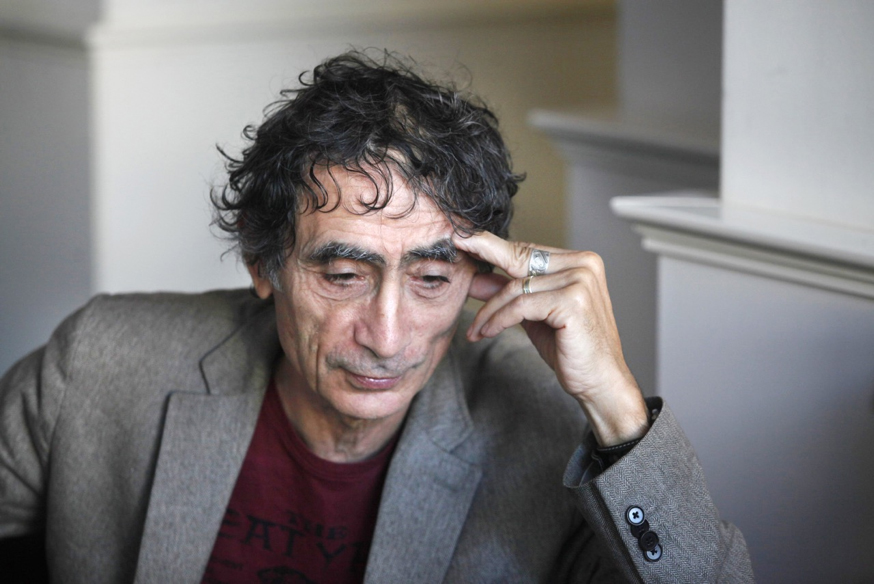
Dr Gabor Maté is an internationally renowned authority in the fields of trauma, addiction, childhood development and AD(H)D. He is also an acclaimed speaker, the author of four bestselling books – and a Hoffman graduate. In 2018, Dr Maté was awarded the Order of Canada, in recognition of his work on mind-body unity and the necessity for social change. Here he speaks to Hoffman Head of Enrolment, Lucy Dancer.
When people think of trauma they tend to think of dramatic situations, but smaller incidents can also be termed as traumatic. Can you explain more about your definition of trauma and how it affects people?
Trauma is not what happens to a person, but what happens within them. In line with its Greek origins, trauma means a wound—an unhealed one, and one the person is compelled to defend against by means of constricting his her own ability to feel, to be present, to respond flexibly to situations.
Nothing overtly dramatic needs to happen to a young human being to induce trauma: it is sufficient that she or he is wounded without an immediate capacity to heal the wound. Thus, a parent’s emotional distance or depression, in the absence of any intended or implied abuse, is enough.
Young children can be traumatised simply when their need for attuned attention and responsive interaction with the parent is unmet—often due to no conscious awareness on the part of the parent.
How can a person begin to identify whether they have trauma? Over the years, have you noticed that there are particular signs or symptoms to look for?
Trauma induces a defensive tensing of body and psyche, a constriction, a triggering of pain out of keeping with the present stimulus. Whenever we experience significant bodily or psychic tension, we are likely experiencing a traumatic implicit memory.
You mention that if a person can’t self-regulate as a child, they will learn to tune out as adults. How then would someone realise that they have not learnt to self-regulate, how would someone know if they are tuning out, and what becomes the impact to daily life of tuning out?
Tuning out, notably but not exclusively in the case of ADHD, begins as the automatic brain-derived defense of a young child who is stressed but can do nothing about the stressful situation. It is a coping mechanism that, over time and during the course of maximal development in the early years, becomes programmed into the brain, as I point out in my book Scattered Minds. Later on, that same coping mechanism becomes a problem, as that unwilled tuning out becomes the brain’s default setting to which it reverts during times of emotional unease and even intended attention. It interferes with one’s capacity to engage with life fully in the present moment. One’s mind is literally absent.
Lack of self-regulation is evident in people who experience strong and distressing emotional states or impulses without being able to move through them and ground themselves. They act out the feelings, rather than experience and express them in healthy ways. This, too, reflects early life situations when the nurturing adults could not be emotionally present enough to help the infant’s immature brain to develop self-regulation.
If someone recognises that they have unresolved trauma, how can they begin to build resilience?
The recognition of trauma is itself the beginning of resilience, meaning that the person is no longer in denial of or in unconscious flight from their emotions. Resilience comes from building that consciousness, in recognising and accepting the traumatised parts of us, in understanding them, and taking care of them. For this there are many paths and modalities, the Hoffman Process being one example.
Within your definition of trauma, you say that trauma disconnects you from yourself, and shapes your view of the world. Please can you say more about this?
We are born connected to our gut feelings, our natural and necessary way of being. When the pain of the traumatic event is unbearable and the child has no support to experience and move through the pain, one mode of self-protection is to disconnect from our feelings. Now we no longer experience ourselves authentically and fully.
Early experience is also the template for our lifelong view of the world, our unconscious window through which we see and understand our environment. If the early environment is unreliable or hurtful, we may develop a limited view of the world in which we perceive threat even when there isn’t any or, conversely, in which we defensively deny or misperceive threat when it is present. In short, our view of the world is skewed away from actual reality.
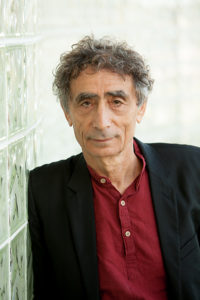 In your books and workshops you say that we cannot separate the biological from the emotional and social. Please can you explain what you mean by this?
In your books and workshops you say that we cannot separate the biological from the emotional and social. Please can you explain what you mean by this?
A big question, for which I recommend people consult my books and YouTube talks. The essence of it is simply the scientific fact that our emotional system is inseparable from the physiological apparatus responsible for our nervous system, gut, immune defenses and hormonal functioning. And all this is impacted by our social relationships, since we are intensely and innately biopsychosocial creatures. We cannot be cut into parts, not in real life.
What would you say to someone that says that they are feeling unhappy or unfulfilled in life, but that they had a happy childhood so looking at their childhood is not going to help them with the issues in their life now?
It usually takes no longer three minutes to help such individuals know the deep pain they experienced but had to suppress, make unconscious, in childhood. Their memory of a purely happy childhood is an artifact of self-defense.
In your first book, In The Realm Of Hungry Ghosts, you explore addiction. You’ve argued that instead of trying to stamp out the use of substances like alcohol or drugs we should really be asking, ‘What is the pain?’ What do you mean by this?
An addiction is any behavior a person finds pleasure or relief in—therefore craves—but suffers negative consequences as a result without being able to give it up. Obviously drugs are one addictive outlet, but so is eating, gambling, shopping, sex, work, relationships, pornography, internet, etc.
Addictions of whatever form are always attempts—temporarily helpful but ultimately worse than unsuccessful—to escape emotional discomfort, emotional pain. They are not diseases or choices but a normal response to abnormal circumstances of suffering, usually first incurred in childhood. If we want to help heal addiction, we must deal with not simply the behavior, which is only a symptom, but with the underlying pain, the trauma.
The brain itself is shaped by early experience: the addicted adult brain is, in part, a product of early trauma. The scientific references backing such a view are fully available in my books, along with many other sources.
You’ve been quoted as saying, ‘We will often choose attachment over authenticity.’ What do you mean by this, how does it play out in our lives, and how do we begin to find our authentic self?
Just as trauma causes us to disconnect from our gut feelings, so we disconnect from our authentic selves early in our lives, when fitting in with our familial or social environment demands that for the sake of belonging or being accepted. Now we are no longer our own person. We live and act to please, impress or induce others to love us, hence are afraid to experience or show our real selves.
If the child does not experience himself for being valued for who is, he may desperately seek to prove his value through what and how much he does.
As a workaholic physician I became a very successful professional, so driven was I to impress others, to prove my worth, and to demonstrate that the world needed me. That external success was accompanied by inner depression, anxiety, alienation,and troubled personal relationship.
In your view, how does the Hoffman Process benefit people and help them resolve feelings of anxiety, depression, burnout or a general lack of joy in their lives?
The essence of Hoffman, as I experienced it, was to restore the connection to the authentic self that, for perfectly valid reasons, as we have discussed, we abandoned.
We’re excited to hear that you’re currently working on your next book. Can you tell us more about it, and when can we expect it to come out?
Thank you for your interest! I have just signed contracts for two new books with major publishers in Canada, the U.S., and the UK. I believe the titles are self-explanatory:
- The Myth of Normal: Illness and Health in an Insane Culture, to be published in 2021
- Hello Again: A Fresh Start for Adult Children and Their Parents, co-written with my son Daniel, to be published in 2022.
You can find out more about Gabor Maté and his work, including upcoming workshop dates in the UK, on the website: https://drgabormate.com.
Dr Maté’s books (pictured below) are published in the UK by Vermillion.

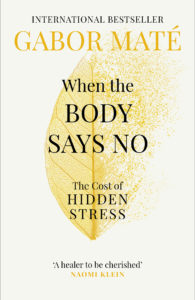
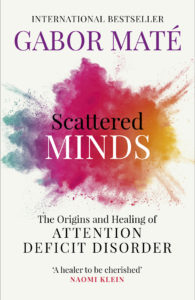
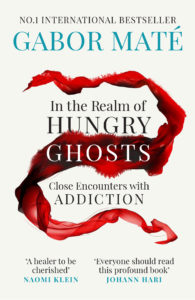
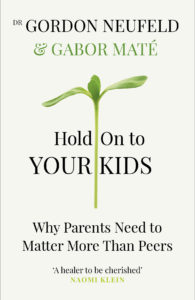


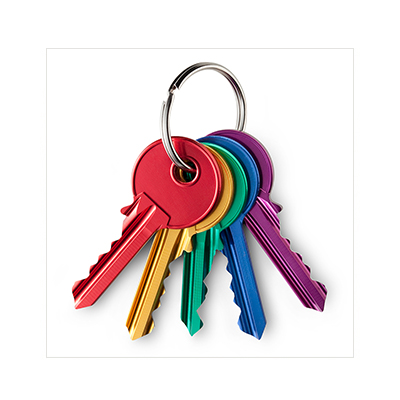
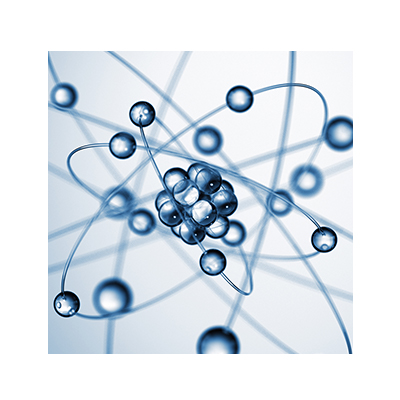

 Sign up to receive monthly newsletters from Hoffman
Sign up to receive monthly newsletters from Hoffman